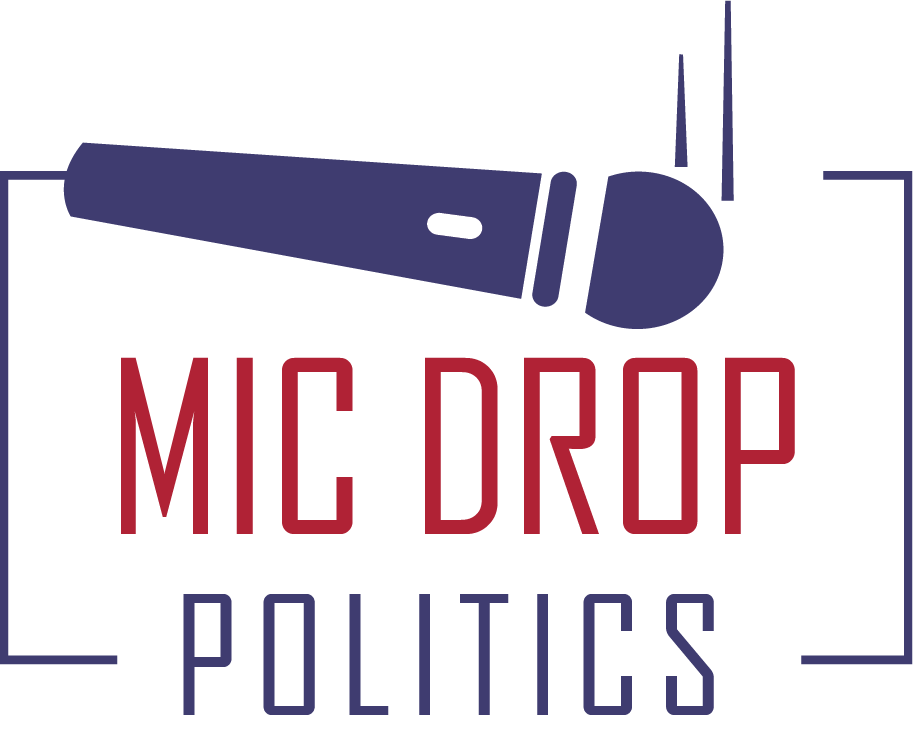Georgetown University’s interim president, Robert Groves, told Congress he is “very proud” of the school’s financial relationship with Qatar and defended his decision to award a presidential medal to a Qatari royal who openly celebrated Hamas’s Oct. 7 massacre.
“I’m very proud of our mission in Qatar,” Groves said Tuesday during a House Committee on Education and Workforce hearing. “It’s completely consistent with the Jesuit animation of working at the frontiers of serving groups that are not served easily in Washington.”
Republican lawmakers at the hearing—which also featured University of California, Berkeley, chancellor Rich Lyons and City University of New York chancellor Félix Matos Rodríguez—focused much of their attention on Georgetown’s financial relationship with Qatar, through which the university has received approximately $1 billion from the Gulf state since 2005.
One project the university built with its influx of Qatari cash is the Prince Alwaleed Bin Talal Center for Muslim-Christian Understanding (ACMCU), situated within Georgetown’s prestigious School of Foreign Service. Groves pointed to the ACMCU as one example of the school’s efforts to address “interfaith conflict.”
As the Washington Free Beacon reported on Monday, the ACMCU has a history of housing scholars who defend terrorism. Its founder, John Esposito, once described the late Muslim Brotherhood leader Yusuf Al-Qaradawi as “not anti-Jewish” but “anti-Israeli occupation of Palestine,” for instance. Al-Qaradawi praised Adolf Hitler in a 2009 speech in which he said Hitler “put [the Jews] in their place” and claimed the Holocaust “was divine punishment.”
Rep. Mark Harris (R., N.C.) confronted another aspect of Georgetown’s relationship with Qatar, questioning Groves on his decision to present one of its highest honors, the Georgetown University President’s Medal, to Qatari royal and Qatar Foundation leader Sheikha Moza bint Nasser during a ceremony marking the 20th anniversary of Georgetown’s Doha campus earlier this year. That decision was at odds with “Georgetown’s Catholic and Jesuit mission,” Harris contended, because Sheikha Moza celebrated Oct. 7 and lauded late Hamas leader Yahya Sinwar in a social media post just months before she received the award.
“The name Yahya means the one who lives,” she wrote. “They thought he died, but he lives. Like his namesake, Yahya bin Zakariya, he will live on, and they will be gone.”
Groves defended the award. He said the “deepest commitments of Georgetown stem from our Jesuit heritage of educating youth around the world” and called Sheikha Moza “a great example of that through her work over the decades.” Georgetown would not revoke the medal, Groves added, “because the reason for the medal remains true: her decades-long work and educating the poorest children of the world.”
When Rep. Glenn Thompson (R., Pa.), meanwhile, asked Groves whether Georgetown employs any anti-Semitic faculty members or fellows, the interim president responded, “We have faculty that have the range of opinions on every issue facing humankind.”
Thompson singled out one Georgetown employee, Emad Shahin, a senior fellow at the Qatari-funded ACMCU. Shahin described Hamas’s Oct. 7 attack as the “vision” for the change “we [Arabs] long for,” adding that Hamas’s “vision represents us.”
“That is not the Georgetown policy,” Groves replied. “What we do in cases like that is to assure that the student welfare—the welfare of the GU community—is protected through events like that.” He declined to say whether the university had taken any disciplinary action against Shahin.
Thompson then raised another ACMCU-affiliated scholar, Mobashra Tazamal, who serves as associate director of Georgetown’s Bridge Initiative research project on Islamophobia. Tazamal, Thompson said, reposted a statement on social media reading, “Israel has been recreating Auschwitz in Gaza for two years.” He asked whether Groves thought it appropriate for a Georgetown employee to compare the Jewish state to Nazi Germany.
“I reject those kinds of statements,” Groves said. “That’s not the policy of Georgetown, and I want everyone to know that, to the extent that that hurt Jewish students, Jewish faculty, Jewish staff at Georgetown, I apologize for that, but that’s behavior covered under the First Amendment on social media that we don’t intervene on.”
Groves said shortly thereafter that Georgetown does not screen potential hires for anti-Semitic beliefs during its interviewing and vetting processes.
While U.S. law requires universities to disclose their foreign funding to the federal government, elected officials have accused them of skirting the rules and concealing the true sources of many donations.
Rep. Michael Baumgartner (R., Wash.) raised the issue with Groves, asking whether Georgetown has been fully transparent with the federal government in its reports of foreign funding.
Groves replied that the university “certainly attempt[s] to report all of [its] receipts from non-U.S. sources” and said he “would be happy to commit” to ensuring transparency in disclosing those contributions.
A June report by the Institute for the Study of Global Antisemitism and Policy found that Georgetown has underreported Qatari financial contributions by about $146 million and left an additional $102 million in grants to Qatari students at the Doha campus off its official disclosures. It also noted that Qatar funding has “significantly influenced Georgetown’s academic environment, research priorities, and faculty recruitment,” including at the ACMCU, where 25 percent of graduates enter worldwide government service.
The post Georgetown President Says He’s ‘Very Proud’ of School’s Relationship With Hamas-Friendly Qatar appeared first on .

Comments are closed.